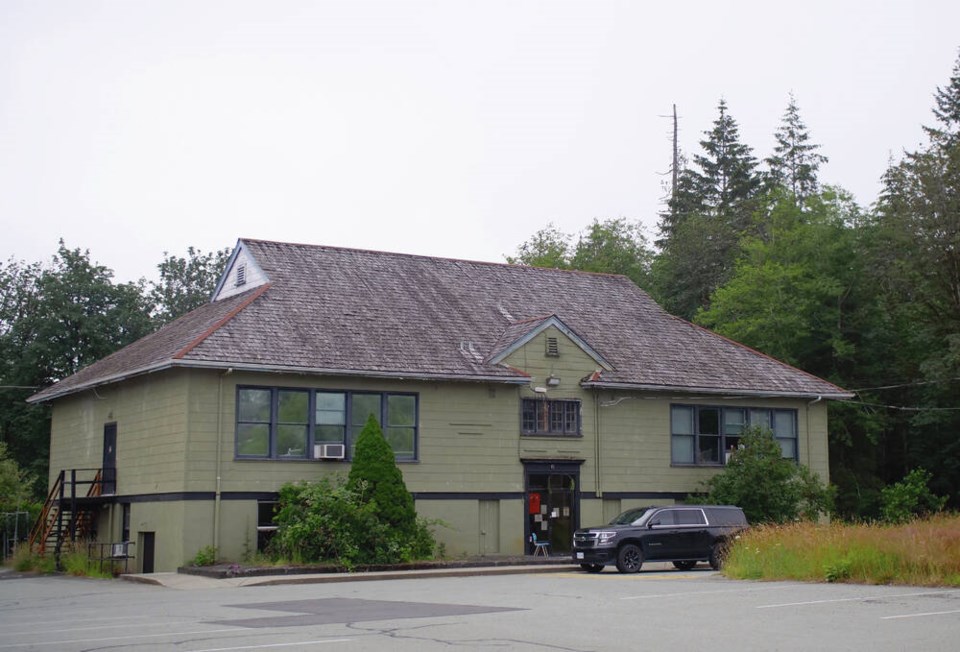Scanning for unmarked graves is beginning on lands that were once part of the Alberni Indian Residential School.
The process is expected to continue for two weeks, the Tseshaht First Nation said in a statement Monday.
The nation said that after results are processed and analyzed, it will make a formal announcement with a summary report. “Today we show up for survivors and for those who did not make it home,” it said.
The Tseshaht is the latest First Nation to employ ground-scanning technology at former residential school sites. The Penelakut First Nation off Chemainus earlier found what is believed to be more than 160 unmarked and undocumented graves.
GeoScan, which will be conducting the scans for the Tseshaht, has worked at other residential school sites and will be following cultural protocols, the nation said.
Scanning will be conducted with “compassion and care so as not to disrupt possible burial locations,” the Tseshaht said.
“We recognize this work may be difficult for our people and those who carry memories associated with residential schools. Together we are working to find answers from the past and bring truth to the present.”
The nation owns the site where the school operated between 1900 and 1973, as well as other nearby lands. Some of the school buildings have been torn down.
The school was destroyed three time by fire and rebuilt.
Students came to the Alberni Indian Residential School from various communities on Vancouver Island, including Campbell River, Saanich, Ahousaht, Nanaimo, Beecher Bay, Nanoose, the Malahat, Port Renfrew, Cape Mudge, Cowichan and Clayoquot.
Others arrived from elsewhere in the province, including Haida Gwaii, Terrace, Hartley Bay, Musqueam, Moricetown, Nisga’a and many more locations.
In 1995, Arthur Henry Plint, who worked as a supervisor at the school between 1948 and 1968, was sentenced to 11 years in jail for 18 counts of indecent assault.
Security will be in place to protect the people and the land while the work is performed, the Tseshaht said. No media, photography or videos will be permitted at scanning sites, vehicle use is restricted and a Transport Canada no-fly zone for drones and aircraft has been imposed.
Tseshaht First Nation, one of 14 nations in the Nuu-chah-nulth Tribal Council, has more than 1,200 registered members. Its territory includes the Broken Group Islands, parts of Barkley Sound, both sides of the Alberni Inlet and the Alberni Valley.



